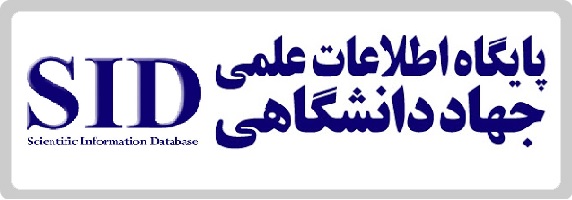Fakhr-e-Razi’s Criticism of Peripatetics’ Theory of Intellects
Keywords:
Intellect, Alvahed theory, theory of emanation, intellects theory, the theory of spirits, Fakhr-e RaziAbstract
Mehdi Farajipak** Generally speaking, Peripatetic philosophers have advocated a theory of pure incorporeals (intellects) world which can be called “intellects theory”. In order to justify the way of emanation of intellects, they have used the famous rule of “alvahed”, according to which any single cause can lead to only one single effect; therefore, one cause cannot be led to many effects. On the other hand, being affected by the ancient cosmology, the Peripatetic philosophy believes in numerical correspondence between the number of intellects and nine spheres, and therefore limits the number of intellects to only nine. Fakhr-e Razi was against this idea and also the idea of the mentioned correspondence. Striving after defining a new replacement, he introduced “the theory of spirits” with theological flavour. Although it seems that this theory is different from philosophers’ from a conceptual and fundamental point of view, further analysis shows that these two have many key components in common





